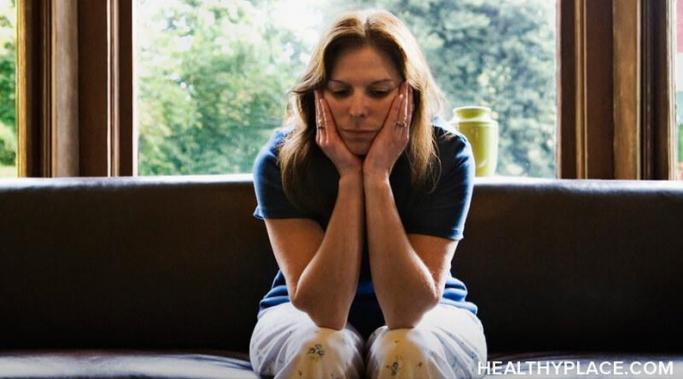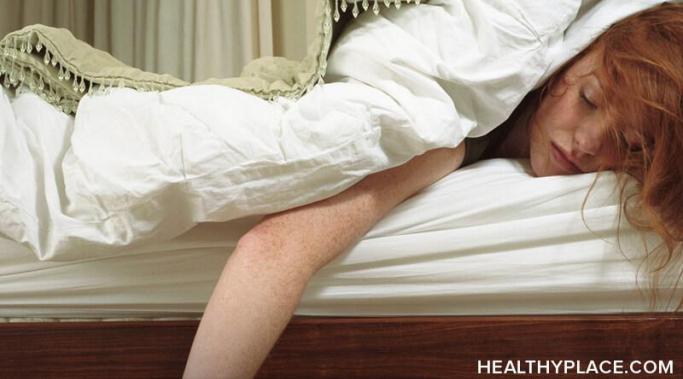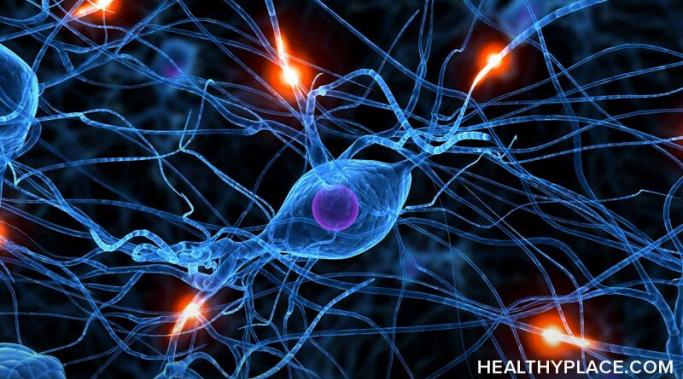As I recovered from my mental illness, I still had an overwhelming, heavy feeling that I was behind in life. I spent so much time asking myself what I had done wrong when I really should have asked myself, "Why do I feel this way?" Comparing myself to others was a dangerous, harmful game, and at the end of the day, I was the only one keeping score in being behind in life.
Guilt
Setting goals is great, but setting realistic goals is even better. It’s the beginning of a new year, which means it’s the beginning of New Year’s resolutions season. While thinking about my self-improvement, I believe it’s important to set realistic goals that are easier to maintain and won’t leave me feeling like I’m fighting against the impossible.
Journaling can be an exceptional tool for managing mental health, and I've found creative journaling tips that have helped me reframe what it means to journal. When hearing the word "journaling," I used to think of "dear diary" entries, but now I believe there are many journaling tactics that are useful in combatting anxiety, depression, and guilt and gauging mental illness recovery progress. I'm excited to share some creative ways I've used journaling tips to assist in managing my mental health.
Admitting that I miss my manic symptoms has been difficult. A large part of my mental illness recovery has been fueled by the desire to get better. I continuously work towards recovery, but I still face guilt when I find myself missing the symptoms experienced from my manic episodes as someone with bipolar disorder.
I’ve always been the kind of person that gets anxious about taking mental health days off work. Some of that, I think, is due to the lingering stigma in society that it’s not a valid reason to take a day off, but I’m here to say let’s ditch that. Let’s ditch the guilt of taking a day for our mental health and ditch feeling guilty about how we spend it.
No matter how much coffee I drink, I am exhausted all the time, and it's because of my mental illness. Recovery is hard, but sometimes it's not even about recovery, it's just about getting through the day, and that's where I'm at right now. I have to fight to do anything; even getting dressed in the morning is a battle. As I sit typing this, my hands feel heavy, and with every breath, I want to quit and go back to bed.
Impulsivity is a symptom of many mental illnesses, from borderline personality disorder (BPD) to attention-deficit/hyperactivity disorder (ADHD) and more. Unlike other symptoms, such as anxiety or apathy, impulsivity is still highly stigmatized and is often portrayed as being immature or careless rather than being a symptom of mental illness. Although impulsivity can definitely cause issues in your life, I would also argue that there are some hidden benefits of impulsivity.
Polyvagal theory has become an integral part of my healing journey as I learn to accept and cope with my trauma. But what is polyvagal theory? Let's talk about it.
For most of my childhood, I used reading to cope with trauma. This might not sound like a bad thing, and it wasn't entirely, but it came with a couple of big problems. Coping mechanisms develop as a way for us to protect ourselves, to survive despite threats to our wellbeing or identity. However, these coping mechanisms can get in the way of real connection.
If you're finding yourself needing more rest -- taking more naps or going to bed earlier than you used to ever since you started your journey toward recovery -- don't worry. It's normal. The truth is, most people need more rest in recovery because emotional work is hard work, and it tires us out.









